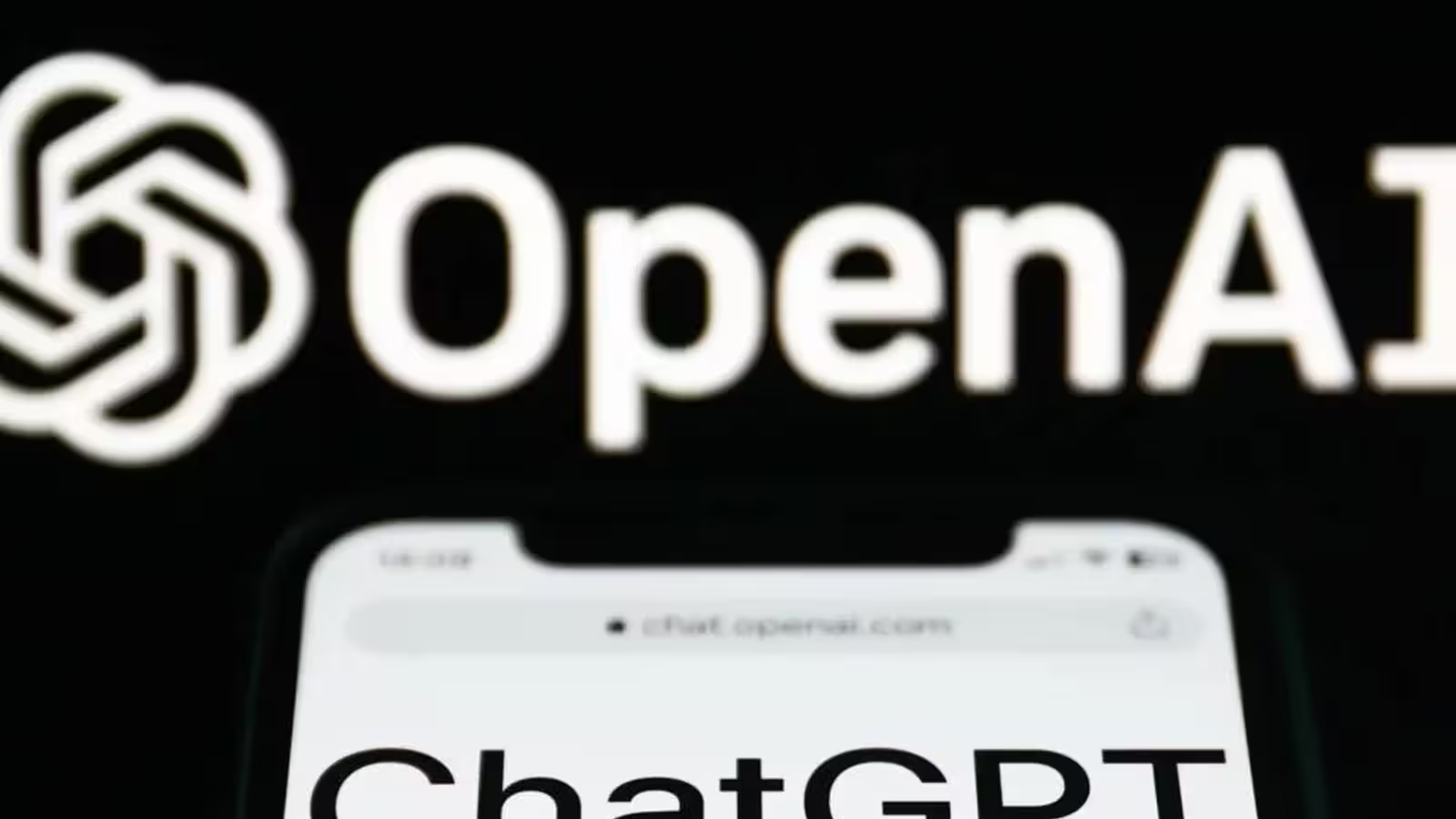3 Minutes
OpenAI Plans Seamless ChatGPT Integration for Third-Party Applications
Recent reports indicate that OpenAI is gearing up to introduce a game-changing feature: the ability to 'Sign in with ChatGPT' on external apps and services. This move could transform user authentication in the digital landscape, making ChatGPT accounts a familiar gateway alongside options from global tech leaders like Google, Apple, and Microsoft.
Expanding ChatGPT's Influence Beyond Its Core Platform
As one of the world’s most widely-used consumer AI applications, ChatGPT currently boasts around 600 million active monthly users. Thanks to its explosive growth and popularity, OpenAI is seeking to broaden its ecosystem by allowing users to log into a wide range of online services — including e-commerce platforms, social media, and personal devices — using their existing ChatGPT credentials.
How ‘Sign in with ChatGPT’ Could Reshape Digital Authentication
The planned 'Sign in with ChatGPT' feature goes head-to-head with industry incumbents that already provide streamlined login experiences. With this new capability, OpenAI can potentially secure a stronger foothold in the highly competitive digital identity space, offering developers and businesses a compelling, AI-driven alternative for user authentication and personalization.
Developer Interest and Early Testing
Earlier this month, OpenAI released a trial version of ‘Sign in with ChatGPT’ for developers within its open-source terminal coding tool, Codex CLI. This pilot allowed developers to link their ChatGPT accounts directly to API services, and included promotional API credits for both Plus and Pro tier users — $5 for Plus and $50 for Pro. OpenAI is now actively surveying developer interest, inviting companies of all sizes — from startups to enterprises with over 100 million weekly users — to join the integration process.
The registration form for developers asks about current user base size, whether they charge customers for AI features, and if they're existing users of OpenAI's API platform. This approach enables OpenAI to tailor its offering to meet the unique needs of different sectors and business models.
Advantages and Market Implications
By enabling 'Sign in with ChatGPT,’ OpenAI seeks to deliver smoother onboarding, heightened security, and unified digital identities across a growing selection of apps and devices. For developers, integration with ChatGPT can enhance user trust and lower friction, while leveraging OpenAI’s evolving AI tools for more intelligent, personalized service delivery.
While CEO Sam Altman previously hinted at a broader ‘Sign in with OpenAI’ rollout in 2024, it appears the project may see full deployment in 2025. The precise launch date and the roster of early adopters remain undisclosed for now, but momentum is building as OpenAI continues to shape the future of AI-driven digital experience.


Comments